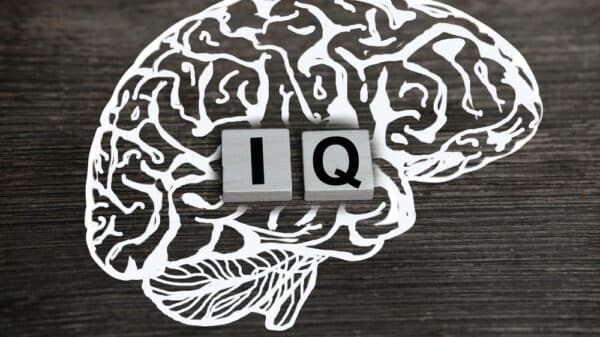If you’re aiming to grasp a new language, there exist numerous resources available to assist you in the journey. Virtual tutorials, courses at your local community college, and audio recordings are a few of the methods that can aid in learning a new language. Nevertheless, one effective strategy that is commonly disregarded is viewing television programs. Both TV series and movies can grasp your attention and evoke your inquisitiveness, making the learning process more enjoyable and keeping you inspired to learn.
Mastering a language through television can pose challenges, but there are suggestions to simplify the process and enhance its efficacy.
Observe Nonverbal Communication and Auditory Cues
One of the benefits of utilizing television and movies to learn a new language is the visual setting that comes along with the dialogue. Visual hints, such as body language, facial expressions, and auditory signals, can help you grasp the meanings behind the spoken words. These visual cues can bridge the gaps in your comprehension of the language.
Comprehending Vocabulary through Sound
Apart from the visual component, sound plays a vital role in television series and films. By focusing on the sounds, including tone, stress, and modulation, you can gain exposure to the language and interpret the sentiments communicated by the characters.
Enhancing Pronunciation Abilities through Television
In contrast to structured language classes, television shows and films present genuine conversations in various scenarios. This exposure aids in learning colloquial expressions, correct enunciation, and intonation. It also enables you to discern distinct dialects and pronunciations, thereby aiding in enhancing your own pronunciation gradually.
Television and movies can serve as valuable aids for mastering a new language, offering an immersive manner to refine and enhance language proficiencies. Hence, do not underestimate the educational potential of your beloved TV series and films!
Image Source: CeltStudio / Shutterstock






























